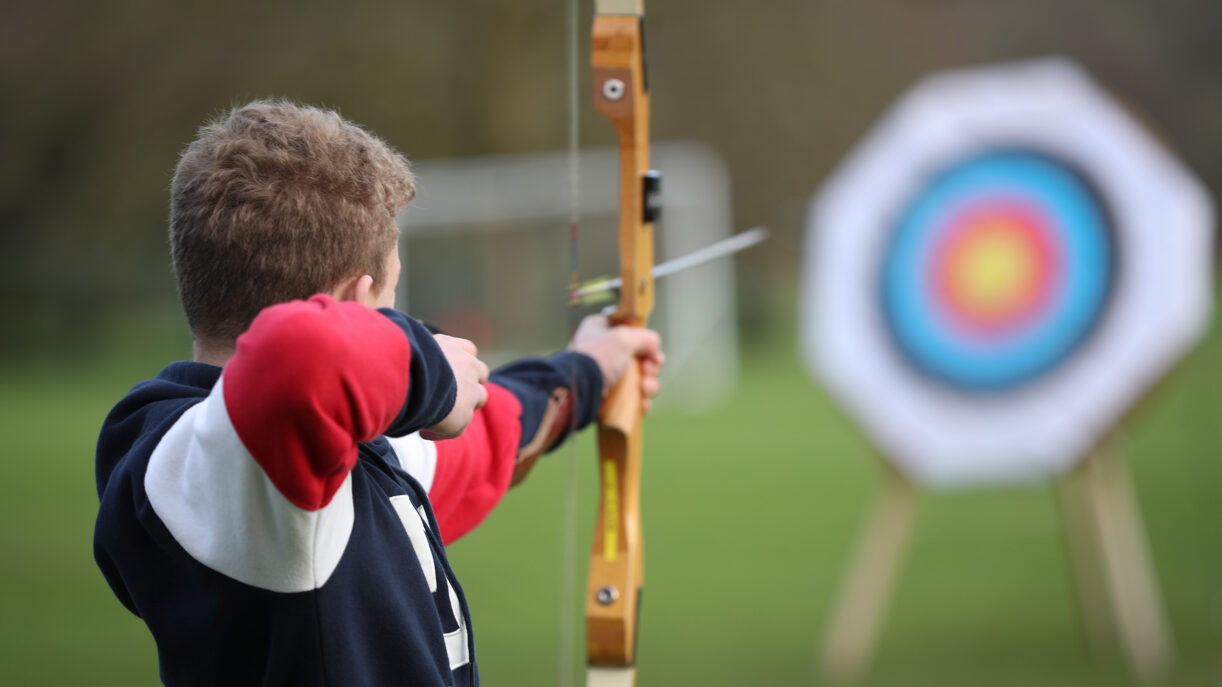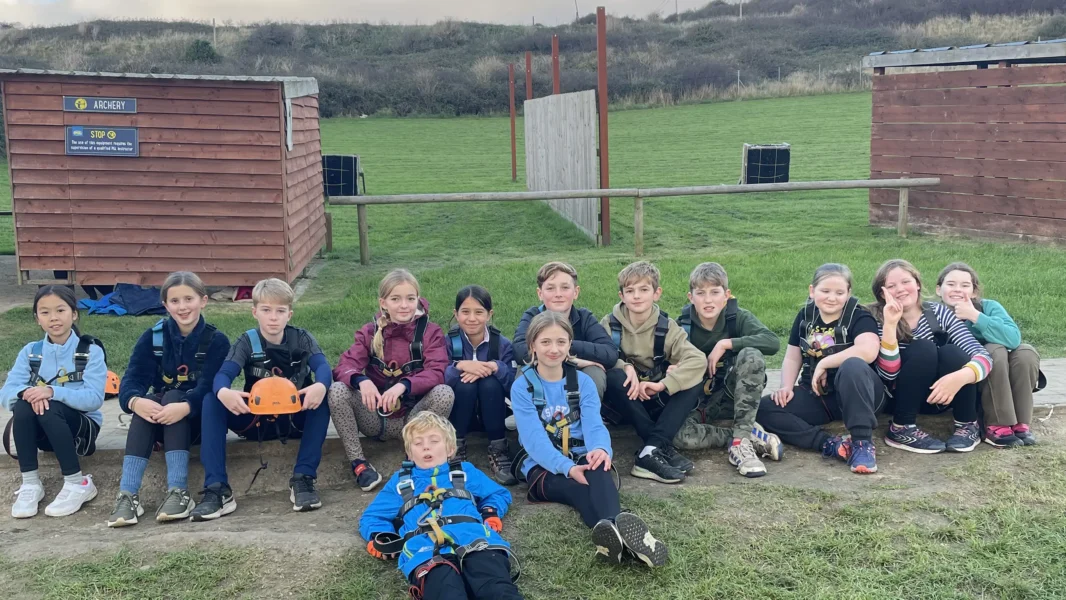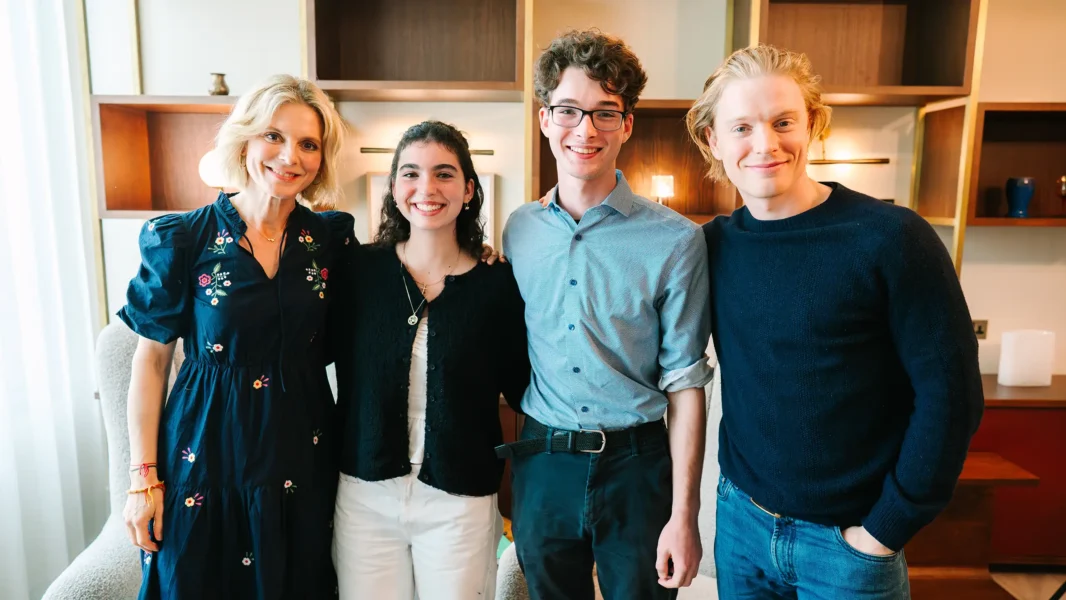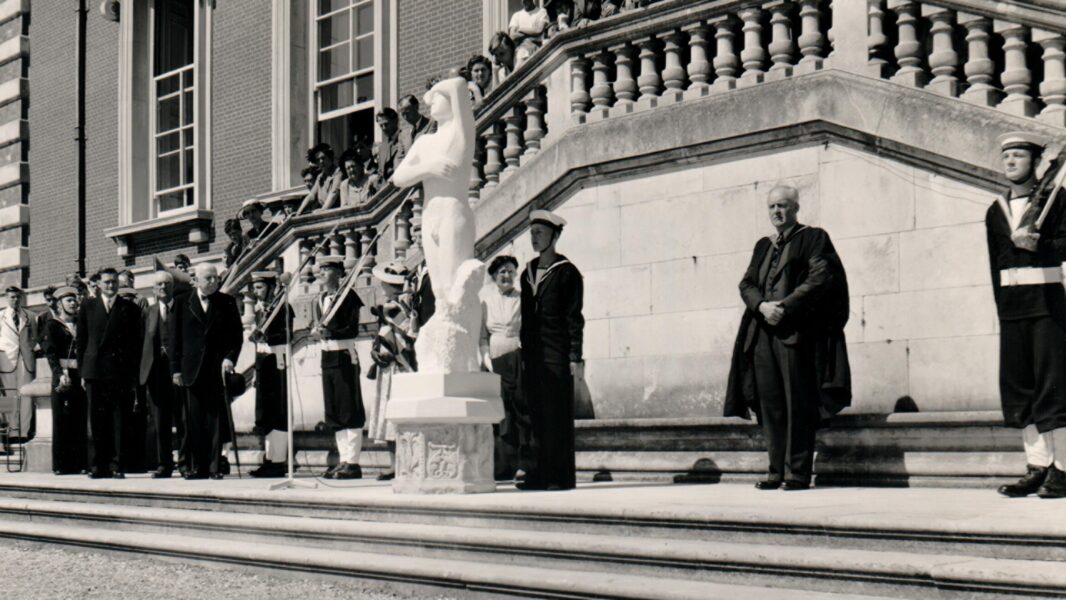Nomenclature! All schools have their own idiosyncrasies in language, forged over years of dialogue and passed down through the generations.
In terms of activities beyond the classroom, quirky nuances in terminology exist and many schools have simply replaced the term extra-curricular for co-curricular. But are they interchangeable or is there a difference?
Co-curricular meaning
Co-curricular activities are those activities that are beyond, but complement, the academic curriculum. They form part of a coordinated approach to an all-round education.
Extra-curricular meaning
Extra-curricular activities are those, sometimes optional, out-of-the-classroom activities that are not connected to the academic curriculum.
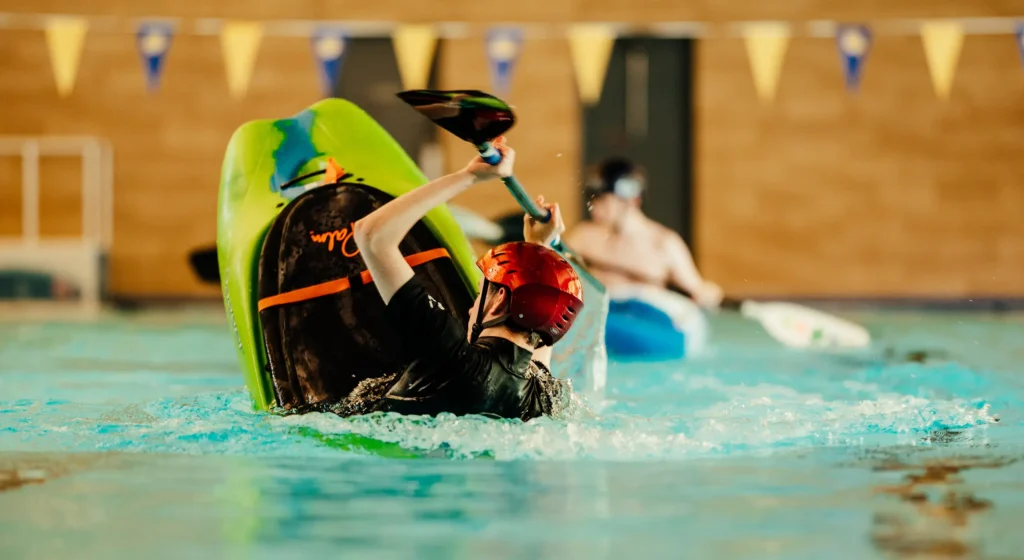
And just as you might be getting your head around those, a new term gaining traction is ‘super-curricular’ to describe all activities, inside and outside of the classroom, joining together to instil a broader understanding. It’s a terminology minefield, and one where navigating through schools’ long lists of activities and also pupils’ experience is the answer.
Fun and creativity at Bryanston doesn’t start when pupils leave the classroom, it’s built into our pupils’ DNA through our approach and culture, and with the one-to-one tutoring to really support individuals’ involvement. Our teaching staff are equally adept at encouraging pupils to engage, develop and question their understanding in academia as they are in beekeeping, adventure training or in the sporting arena.
At Bryanston we’d lay claim to ours being a super co-curriculum and we, also, have our idiosyncratic terms. One misnomer is that we have ECAs as part of our co-curriculum, which, although always abbreviated, is a legacy from when the terminology used was ‘extra-curricular activity’.
Given the title of this piece, ECAs are clearly juxtaposed to CCAs. It’s used as a catch-all term that includes sessions that take place outside of structured afternoon programmes of other co-curricular activities (CCAs, if you will) and yet our ECAs also include some sports, music, drama and academic societies, alongside more quirky pastimes.
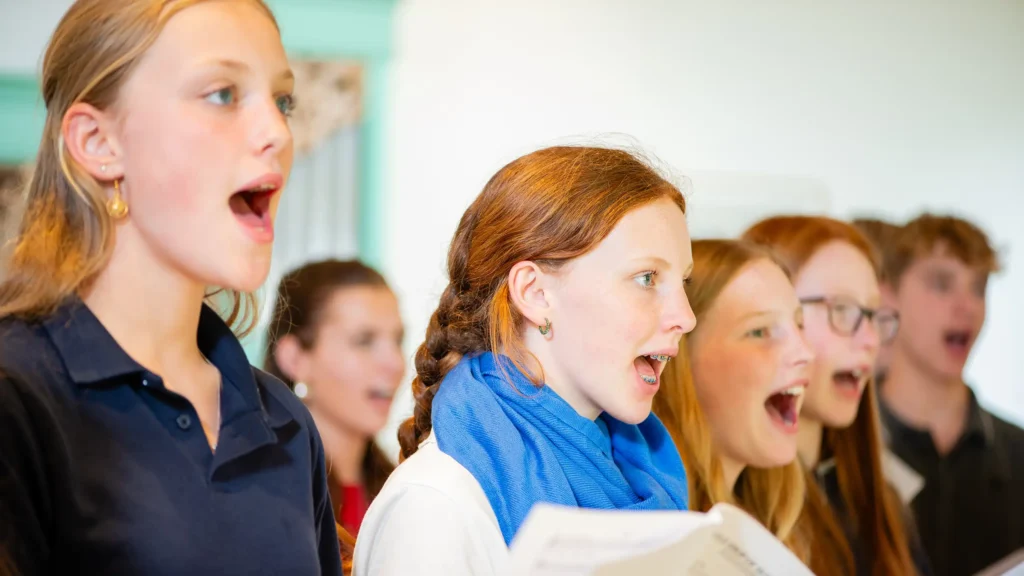
In the same way that KFC initialised ‘Kentucky Fried Chicken’ to relaunch their name (presumably to eradicate the ‘fried’ from the title and the association with being unhealthy) ‘extra-’ is the artery-clogging equivalent flowing through co-curricular veins.
So, is there a place for the term ECAs within a co-curricular programme? If our beyond-the-classroom activities are all focused on developing our values – regardless of the vehicle used to develop them – then everything is purposeful and not ‘extra’ to our offering.
Being new to Bryanston, the nomenclature is something I’m keen to tidy up. Ultimately, whether we use the term ECA, CCA, SCA, or even hobbies, interests, clubs and societies, it is important that our beyond-the-classroom offering showcases the talent within our staff, which allows our pupils to advance their specialisms while also challenging themselves to develop new passions.
Bryanston is a special place where our offering is genuinely, and distinctively, pupil focused with character development at its core. Our values are instilled, cultivated, celebrated and cherished. Indeed, our founding headmasters – Jeffrey Jeffreys and Thorold Coade – set up and established Bryanston to provide a framework within which character development could occur. This was the ‘new’ to complement the traditional or ‘old’ in the School’s motto: ‘Et Nova, Et Vetera’.
Today, most schools offer activities beyond the classroom. Some really value them, a few claim it’s part of their mission statement, but only a small handful truly strive toward character development that shapes the full curricular and co-curricular offering. Bryanston is one where our values of creativity, individuality and unbounded shine through everything we do. It is this co-ordination of approach that is distinctive and truly justifies the co- (rather than extra-) curricular.
Our co-curriculums are now co-ordinated, coherent and collaborative to develop well-rounded young adults with the super-curricular profiles attractive to universities and employers and who are fun, engaging and prepared for life beyond the school.
Clement Donegan
Senior Deputy Head
